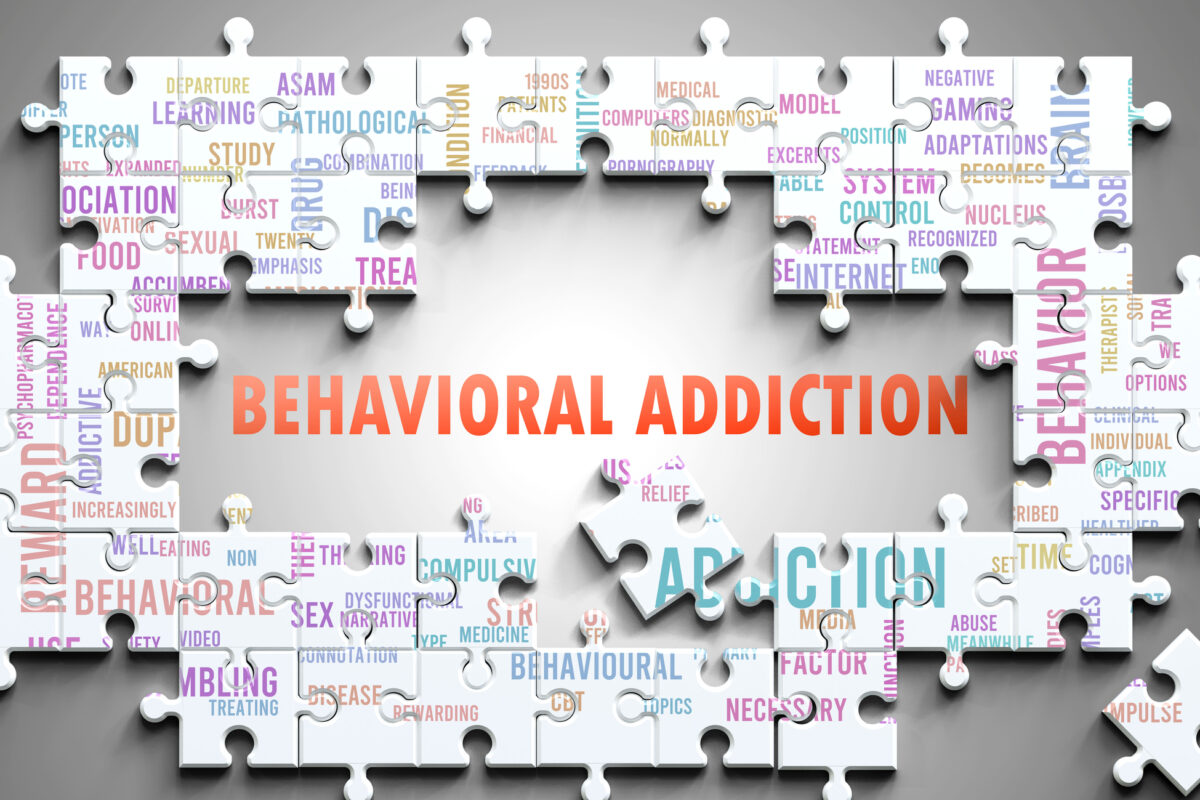Mental Health Education
Mental health education is an essential aspect of fostering a healthier and more understanding society. With mental health issues affecting millions of people worldwide, equipping individuals with knowledge and resources is vital in reducing stigma and promoting wellbeing.
Traditionally, mental health has been overshadowed by misconceptions and stigma. Many people feel uncomfortable discussing their struggles due to fear of judgment or misunderstanding. By integrating mental health education into schools, workplaces, and community programmes, we can challenge these outdated attitudes and encourage open, informed conversations. Early learning about mental health not only raises awareness but also empowers individuals to identify symptoms and seek help when needed.
Schools play a key role in mental health education. Children and adolescents are particularly vulnerable to mental health challenges, with stress, anxiety, and depression becoming increasingly common. Including mental health topics in the curriculum helps young people understand their emotions and develop resilience. Teaching coping mechanisms, mindfulness techniques, and stress management skills equips students with tools they can use throughout their lives. Moreover, early intervention can prevent the escalation of issues and improve long-term outcomes.
Workplaces also have a responsibility to prioritise mental health learning. Stress and burnout are significant issues in professional environments, often leading to decreased productivity and high employee turnover. Offering workshops, training sessions, and resources focused on mental wellbeing demonstrates a commitment to employee health and creates a supportive workplace culture. Employers should encourage open discussions about mental health and provide access to counselling or mental health first aid.
Community-level initiatives further reinforce the importance of mental health education. Local councils, charities, and healthcare organisations can collaborate to offer accessible resources and support services. Public awareness campaigns, workshops, and peer support groups help normalise conversations about mental health and reduce barriers to seeking help.
It is also important to address cultural and social differences when promoting mental health education. In diverse communities, tailored approaches may be necessary to ensure inclusivity and effectiveness. Recognising the unique challenges faced by marginalised groups and providing culturally sensitive resources ensures that mental health education benefits everyone.
Investing in mental health education has far-reaching benefits. It promotes early intervention, reduces healthcare costs, and creates a more compassionate and empathetic society. Governments, educators, and organisations must work together to prioritise mental health learning, ensuring that everyone has the knowledge and support needed to thrive.
In conclusion, mental health education is a fundamental tool for fostering understanding, resilience, and wellbeing. By addressing stigma, providing resources, and encouraging open dialogue, we can build a society that values mental health as much as physical health, creating a better future for all.
home » Mental Health Education































